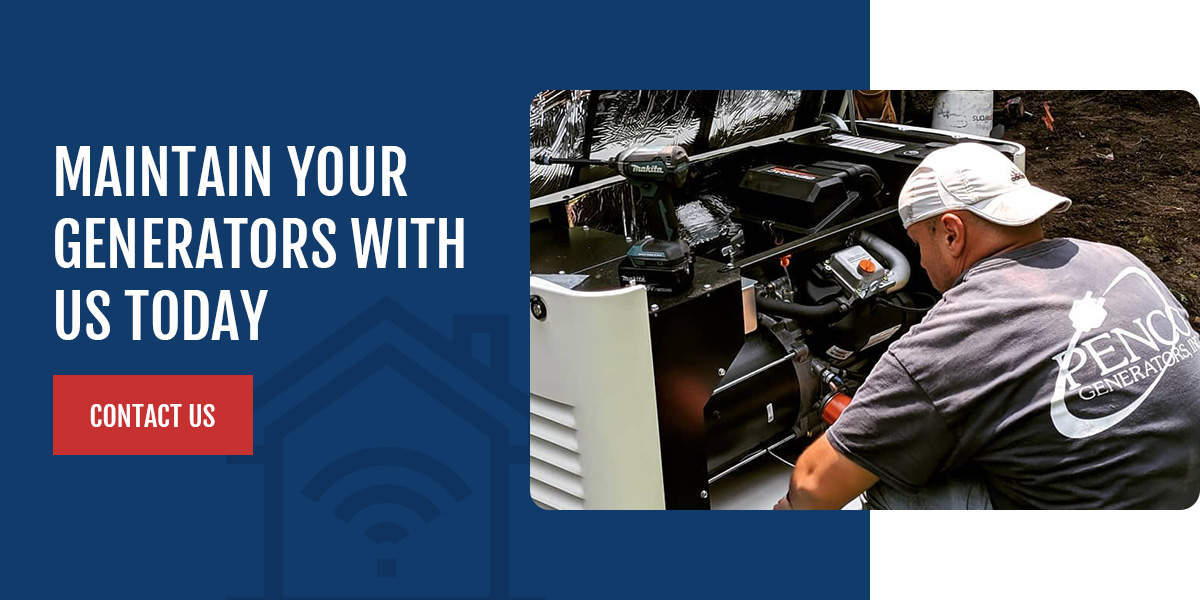
Understanding the Importance of Generator Maintenance: A Primer
Generators are valuable assets, providing power during outages or in remote locations. To ensure their reliability, regular maintenance is crucial. This article explores the essential steps to maintain a generator, extending its lifespan and guaranteeing it’s ready when needed.
Checking Oil Levels and Quality: The Engine’s Lifeblood
Proper lubrication is vital for a generator’s engine. Regularly check the oil levels, ensuring they are within the recommended range. Additionally, assess the oil quality. If it appears dirty or contains debris, it’s time for an oil change. High-quality oil is essential for optimal engine performance and longevity.
Inspecting and Cleaning the Air Filter: Uninterrupted Airflow
The air filter prevents dust and debris from entering the generator’s engine, ensuring efficient combustion. Regularly inspect the air filter, cleaning or replacing it as needed. A clean filter promotes uninterrupted airflow, preventing engine damage and maintaining the generator’s overall efficiency.
Examining the Fuel System: Clean and Contaminant-Free
A well-maintained fuel system is crucial for generator functionality. Inspect the fuel lines, filters, and tank for any signs of damage or contamination. Drain and replace old fuel, and use fuel stabilizers to prevent deterioration. A clean and contaminant-free fuel system contributes to reliable engine operation.
Testing the Battery: Ensuring Power When Needed
A generator’s battery plays a vital role in starting the engine. Regularly test the battery’s charge and replace it if necessary. Keep the battery terminals clean and free from corrosion. A well-maintained battery ensures that the generator starts promptly during power outages.
Running Monthly Tests: Ready for Action
To guarantee your generator is ready for action, conduct monthly tests. Start the generator and let it run for at least 30 minutes to ensure proper functionality. This practice also helps prevent fuel system issues and keeps the engine components lubricated.
Inspecting the Spark Plugs: Igniting Efficiency
Spark plugs are essential for the ignition process. Periodically inspect the spark plugs and replace any that show signs of wear or damage. Clean the electrodes and adjust the gap according to the manufacturer’s specifications. Efficient spark plugs contribute to optimal engine performance.
Monitoring Coolant Levels: Preventing Overheating
Generators equipped with a cooling system require regular monitoring of coolant levels. Check the coolant reservoir and top it up if needed. Ensure the coolant is clean and free from contaminants. Adequate coolant levels are crucial for preventing overheating and maintaining the generator’s efficiency.
Securing the Generator: Proper Storage Practices
If the generator is not in use for an extended period, proper storage practices are essential. Store it in a dry and well-ventilated area, protecting it from the elements. Consider using a generator cover to shield it from dust and debris. Proper storage safeguards the generator and ensures it’s in optimal condition when needed.
DesigningTemptation Inspiration: Home Power Solutions
For more tips on how to maintain a generator, visit DesigningTemptation.com. Explore a variety of home power solutions, DIY projects, and expert advice to keep your living spaces powered and secure. DesigningTemptation is your go-to resource for creating a home that is resilient and prepared for any situation.




